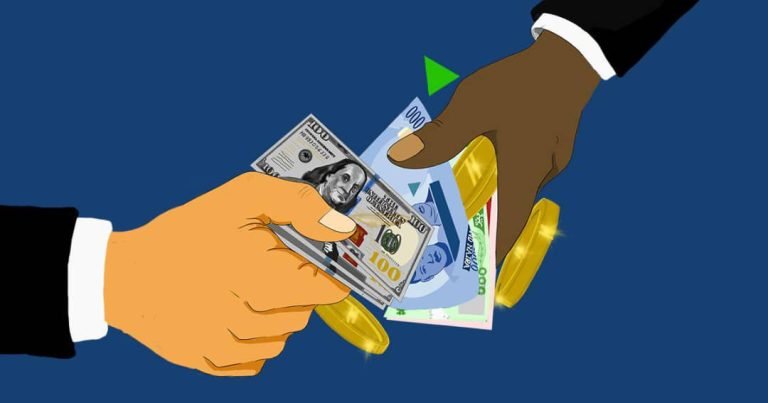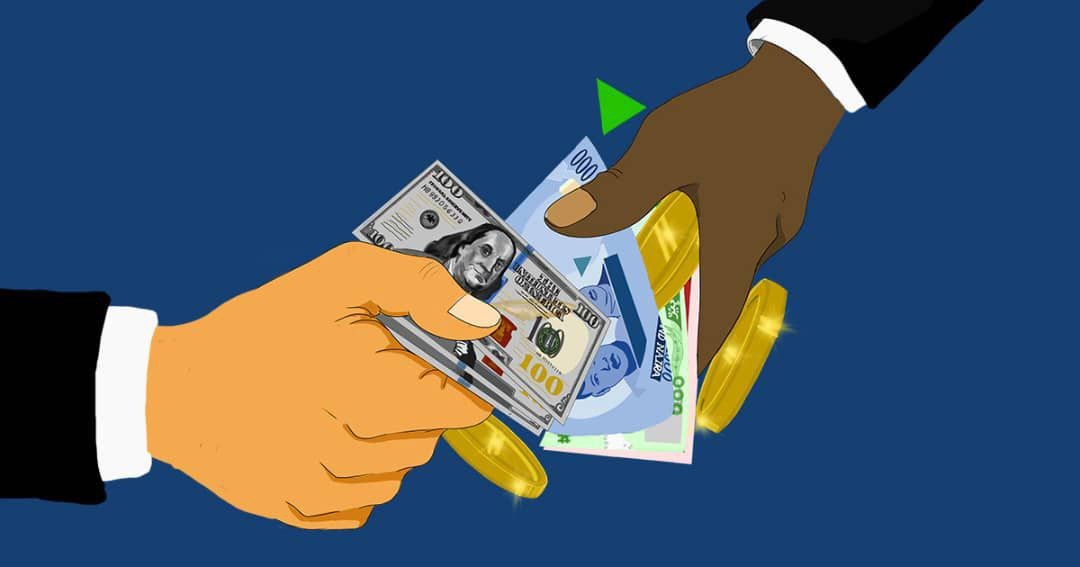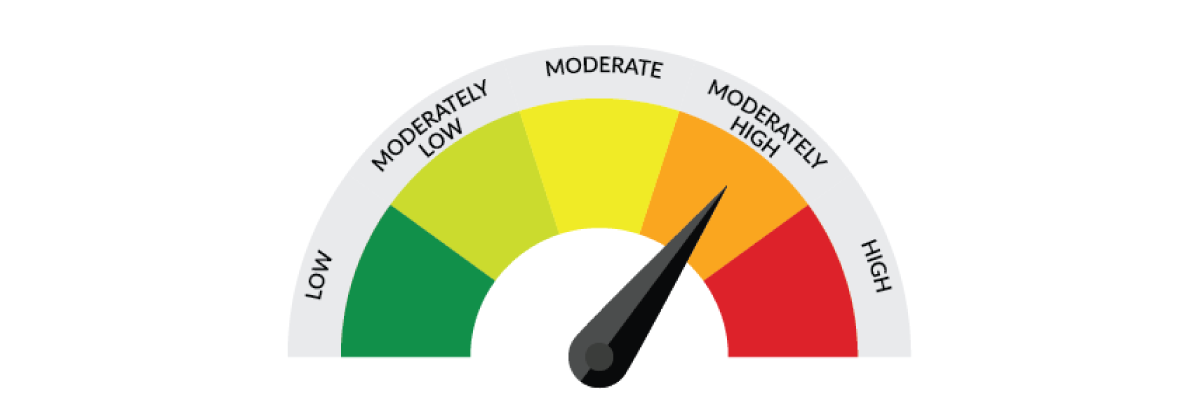The naira slipped to N1,475 per US dollar at the Nigerian Foreign Exchange Market (NFEM) as intensified dollar demand strained liquidity.
The local currency has lost N15 in two trading sessions, signaling renewed pressure in the absence of Central Bank of Nigeria (CBN) intervention.
CBN data showed the NFEM rate closed on Monday at N1,470.26 per dollar, compared with N1,465.68 last week.
Also Read:
- Naira to Dollar Today: Naira Appreciates to N1,495 in Black Market
- Naira to dollar today: Naira Appreciates to N1,476 in Official Market
- Current 30% Overvaluation of the Naira May Result in ₦6.0 Trillion Extra Import Bill by 2026
- Expect Naira to Stabilize at N1,300/$ Before 2025 Ends - Abdulsamad Rabiu
The exchange touched an intraday high of N1,475.50 before settling at N1,470.84, underscoring the rising imbalance between dollar demand and available supply.
Just last week, the naira had strengthened across both the official and parallel markets, supported by sustained CBN interventions and foreign inflows.
The local currency appreciated 1.02% week-on-week at the NFEM to N1,465.68 per dollar, while it gained 2.75% in the parallel market to N1,455.00 per dollar.
The gap between both markets flipped to -N10.68, equivalent to a 0.73% premium on the official rate, from N14.34 a week earlier.
Analysts attributed this narrowing gap to reduced speculative trading after seasonal dollar demand, typically seen ahead of the academic calendar and summer holidays, eased off.
However, a recent report by investment bank Renaissance Capital warned that the naira may be “overvalued by approximately 30%.” Using a Real Effective Exchange Rate (REER) model, the firm noted that the currency’s inflation-adjusted value compared to global peers may hinder competitiveness for Africa’s largest economy.
Renaissance Capital projects potential economic costs of up to N6 trillion by 2026 from reduced export competitiveness and higher import bills. Such strains could undermine Nigeria’s manufacturing output and external trade, amplifying concerns about the sustainability of the current FX regime.
Further complicating matters, oil prices, the backbone of Nigeria’s foreign exchange earnings, slumped last week. Bonny Light crude fell 4.66% to $69.94 per barrel, while Brent crude futures dropped 8.1% to $64.53 and West Texas Intermediate slipped 7.36% to $60.88 following OPEC’s decision to increase production.
The oil price decline poses fiscal headwinds for Nigeria’s budget and reserve management. Prolonged weakness in crude markets could deepen foreign exchange scarcity, tightening liquidity and heightening the naira’s vulnerability in the months ahead.
























